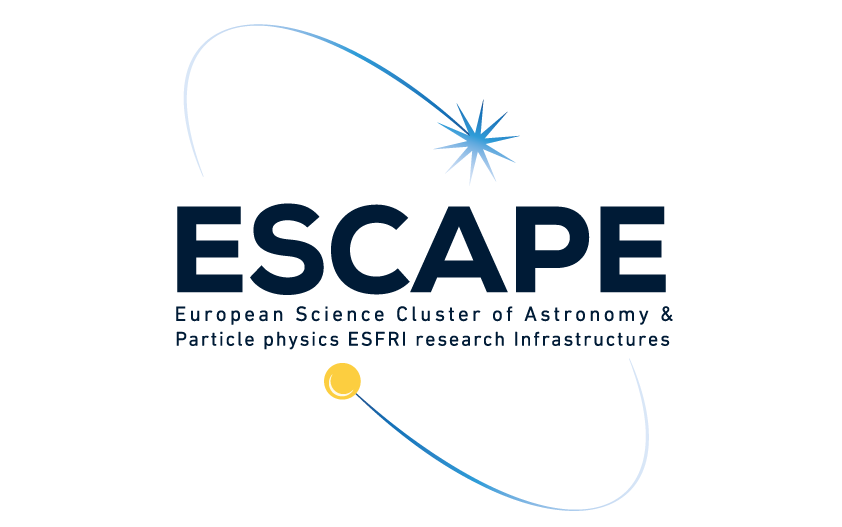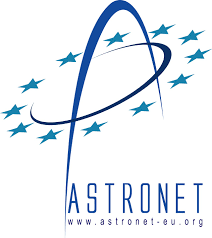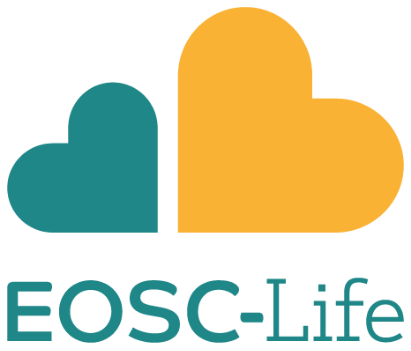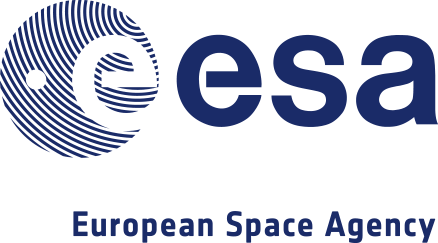
ESCAPE aims to develop synergies in the domain of open data management and data systems of the ESFRI projects, exploring standards, prototyping and deploying advanced open data services, towards the development of a consistent European research infrastructure ecosystem. Because projects are not isolated islands.
“Synergy - the bonus that is achieved when things work together harmoniously” – Mark Twain
Contact us to discuss synergies between ESCAPE and your organisation
APPEC is a consortium of 19 funding agencies, national government institutions, and institutes from 17 European countries, responsible for coordinating and funding national research efforts in astroparticle physics.
Astronet is a network of European funding agencies and research organisations aiming at encouraging a common science vision for all of European astronomy through delivery of a strategic plan and infrastructure roadmap.
The project delivers the core of a scientific and educational infrastructure for cloud storage services in Europe through a lightweight federation of existing sync/share services and integration with multidisciplinary application workflows.
The European Committee for Future Accelerators (ECFA) aims to shape the future of physics with high-energy accelerators.
ENVRI-FAIR connects the Environmental Research Infrastructure (ENVRI) community to the European Open Science Cloud (EOSC)
The idea of a European Open Science Cloud (EOSC) took shape in 2015, as a vision of the European Commission of a large infrastructure to support and develop open science and open innovation in Europe and beyond.
EOSC-Life is 13 European life science Research Infrastructures making their data FAIR (Findable, Accessible, Interoperable and Reusable) so that researchers can combine resources from multiple RIs for new research funded through EOSC-Life Open Calls and receive support through the variety of additional services EOSC-Lifeoffer, including alignment with relevant standards and policies (GDPR, etc.)
The European Space Agency (ESA) is Europe’s gateway to space. Its mission is to shape the development of Europe’s space capability and ensure that investment in space continues to deliver benefits to the citizens of Europe and the world.
One of the grand challenges of data-intensive science is to facilitate knowledge discovery by assisting humans and machines in their discovery of, access to, integration and analysis of, task-appropriate scientific data and their associated algorithms and workflows.
The Nuclear Physics European Collaboration Committee (NuPECC) is an Expert Committee of the European Science Foundation.









